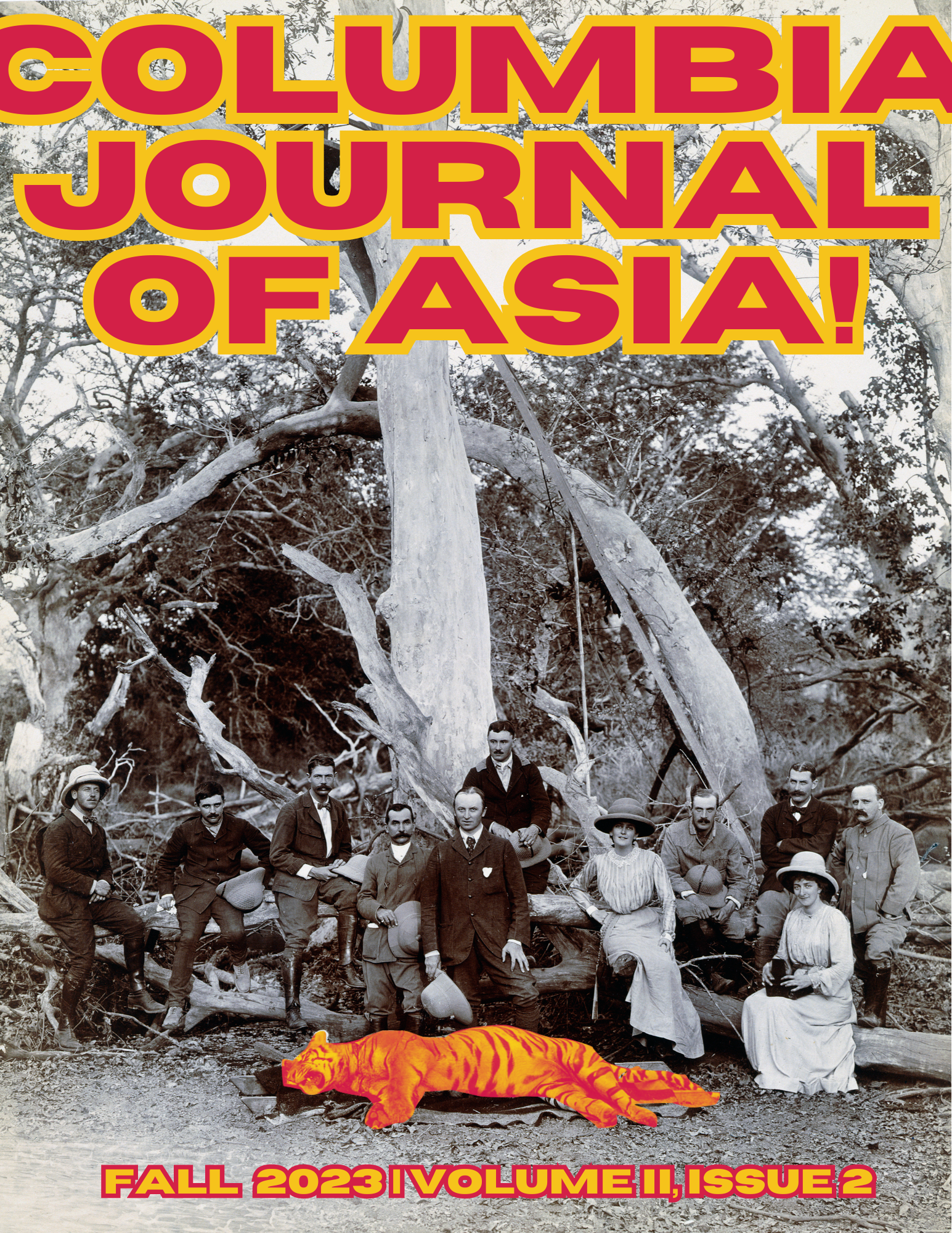Abstract
This thesis delves into the representation of boys and masculinity in Rudyard Kipling’s fiction through the lens of creative criticism. Using the methodology of a thought experiment, the study meditates on whether male characters in Kipling’s nineteenth-century short stories are able to render a mature masculine identity, or whether they exist in a state of half-becoming, as ‘manboys’. The central contention posits that Kipling’s works are devoid of a definitive ‘man’ archetype; instead, they portray characters at varying stages of boyhood, shaping masculinity through skilful engagement in childlike play.
The analysis revolves around select short stories including “The Last of the Stories”, “The Strange Ride of Morrowbie Jukes”, “The Cry of Blood”, “The Mark of the Beast”, “The Man Who Would be King”, “The Story of Muhammed Din”, “Without Benefit of the Clergy”, “Beyond the Pale" and “All the Mowgli Stories”.
Central interpretations in the iconic Raj narratives includes an exposure of the fragility and domestic instability of expatriate culture’s dynamics, behaviours, and institutions. “The Man Who Would Be King” is read as an adventure undertaken by schoolboys. In “Without Benefit of the Clergy” and “Beyond the Pale", this playful masculine existence is intertwined with the awkward problem of first love. Moving between short stories, the study keeps a steady eye on the character of Mowgli from “The Jungle Books”, drawing comparing his development to that of other characters.
Navigating Kipling’s literary terrain has traditionally been a challenging endeavour within academia. However, this piece attends to the complexities of Kipling’s expansive imaginative realm. By redefining masculinity through the lens of playful mastery, this study intends a nuanced interpretation of several of his male characters, contributing to broader critical conversations surrounding gender, coloniality, childhood and psychoanalytic approaches to Literature.

